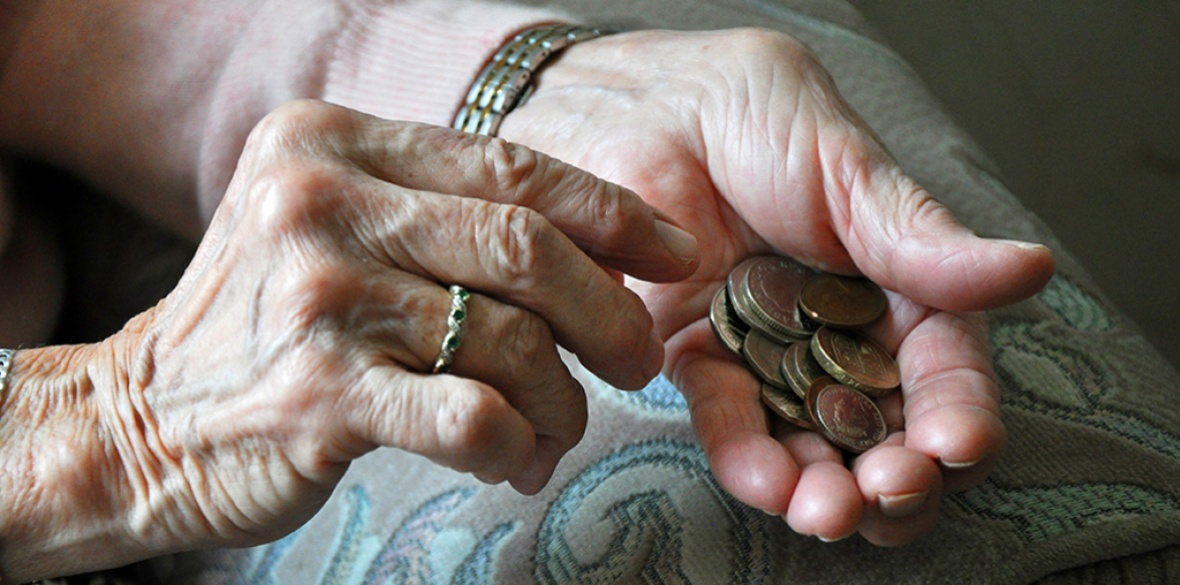This is the last article you can read this month
You can read more article this month
You can read more articles this month
Sorry your limit is up for this month
Reset on:
Please help support the Morning Star by subscribing here
THE benefits system has often been “too inflexible and slow to adapt to support people” during the coronavirus pandemic, a report reveals today.
A report by the work and pensions committee urged the government to increase the rates of legacy benefits to ensure people who have not yet moved to universal credit (UC) do not unfairly miss out on support.
The government should also suspend a controversial policy on people whose immigration status is not finalised, leaving them with no support and at risk of destitution and homelessness, the committee added.
Citizens Advice chief executive Dame Gillian Guy said they “strongly urge” the government to accept the recommendations, warning that “it’s been people in the most vulnerable circumstances who have been hardest hit” by the crisis.
The rates of standard UC and basic working tax credits have been raised by £20 a week for 12 months, but those who have not yet been moved over to the new system have not received an uplift.
The committee said it is “unacceptable” that people have been left to face hardship without the equivalent help “simply because of the outdated and complex way in which so-called legacy benefits are administered.”
Committee chairman Stephen Timms praised the hard work of the DWP’s front-line staff, saying that without this “the impact of the pandemic could have been much worse.”
The Labour MP added: “But the coronavirus pandemic has highlighted weaknesses in a social security system which at times is too inflexible and slow to adapt to support people in times of crisis.
“The focus has mostly been on the unprecedented numbers of new claims for UC. But in the background, people on legacy benefits —including disabled people, carers and people with young families —have slipped down the list of priorities.”
Mr Timms called on the government to also increase legacy benefits, as “it’s simply not right” for people to miss out on support for “claiming the ‘wrong’ kind of benefit.”
Although the total number of people without access to public funds is unknown, the Children's Society estimates that it is at least one million and at least 100,000 children are affected.
A DWP spokesman said they had rolled out measures “quickly and effectively” to benefit “those facing the most financial disruption,” and to provide protection for those affected by Covid-19.











